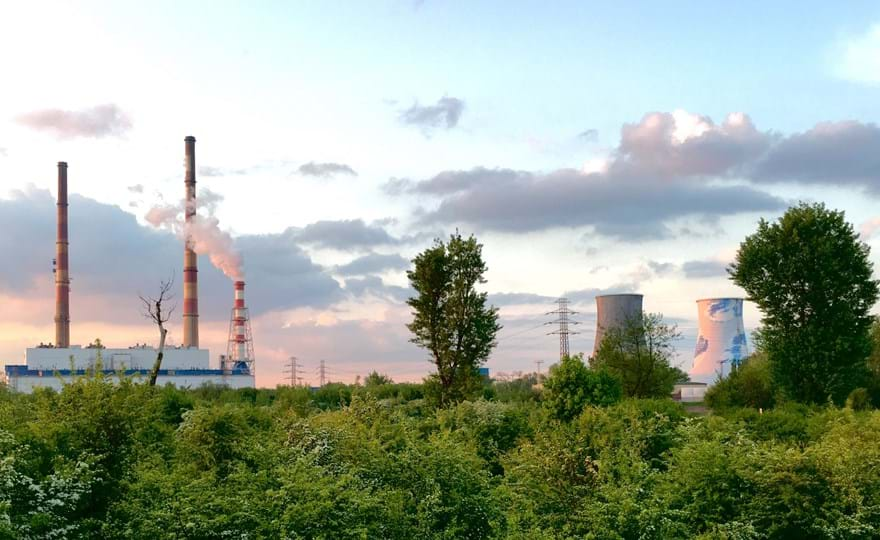
Iwona Bojadzijewa
17th May 2021


However unbelievable it may sound in the time of the climate crisis, there are markets where coal is advertised as an eco-friendly product. What’s more, there are countries that officially encourage greenwashing by the coal industry. A prime example is Poland, where we are fighting greenwashing by coal producers.
Since the 1990s, some companies in Poland have sold coal for domestic boilers under the name “eco-pea coal”. Why are they using this association? The coal that goes by the “eco-pea” name must be small (up to 31 mm in diameter) and is supposed to have higher quality standards than other types of hard coal dedicated for individual consumers.
These parameters are set by the government in rules which regulate the level of sulphur dioxide, ash or humidity in the product, for example. Moreover, the annex to these rules explicitly mentions the name “eco-pea” therefore sanctioning greenwashing by the coal industry.
The Polish state aids coal greenwashing by officially using the misleading name and the producers find other methods to strengthen that harmful narrative. They sell coal in packaging that uses images of trees, leaves or wild animals. As well as using the prefix “eco”, some plainly write “ecological coal” or “eco-friendly”.
Does it work? Unfortunately it does. According to a Kantar opinion poll that we commissioned in December last year, a large majority of respondents (66%) agree that “burning coal can be either neutral or friendly towards the environment if people use high quality fuels”.
The poll also found that almost 25% of all coal users and almost 50% of specifically eco-pea users spontaneously describe “eco-pea coal” as an environmentally friendly product. These results show that “eco” stands for “ecology” and not for “economy” as some claim.
In early January our team in Warsaw started challenging these harmful greenwashing practices. We sent an open letter to coal producers asking them to stop misleading consumers with their false eco-marketing.
While we received answers from a few producers, none of them decided to change the name of their product or remove eco-friendly images. Some even questioned our approach arguing that “eco-pea” deserves to be called ecological. We responded by publishing the results of the Kantar opinion poll and a report on emissions and quality of two popular eco-pea products.
The report describes the findings of an experiment performed by a team of scientists from the Warsaw Polytechnic School, under the supervision of Artur Badyda PhD. The scientists found that the burning of these popular products releases illegal amounts of particulate matter, carbon monoxide and nitrogen oxides. Meanwhile inhabitants of Poland breathe toxic air as the country regularly exceeds legal levels of harmful particulate matter and carcinogenic benz(a)piren which is released during coal burning.
Having gathered sufficient evidence, we launched legal action to tackle greenwashing and protect consumers’ interests. We based our claims on Polish consumer protection law arguing that “eco-pea” producers infringe consumers’ collective interests by providing them with false information.
In March this year we made a legal complaint to the Polish Competition and Consumer Protection Office asking them to initiate administrative proceedings and remove the misleading name and advertising.
Shortly after this, we started legal action against , demanding removal of the misleading name, packaging and website content.
Meanwhile we received the response from the Competition and Consumer Protection, which refused to initiate proceedings. They claim that the name “eco-pea” can be used because it features in the governmental regulation on fuel quality.
Our Warsaw team is currently advocating for the removal of the name from the regulation to end this greenwashing circle. Last week we took part in a hearing organised by the Polish Ministry of Climate and Environment to advocate for a law that truly protects the people against harmful greenwashing. Clean air is not a privilege, it’s a basic right. The battle continues.